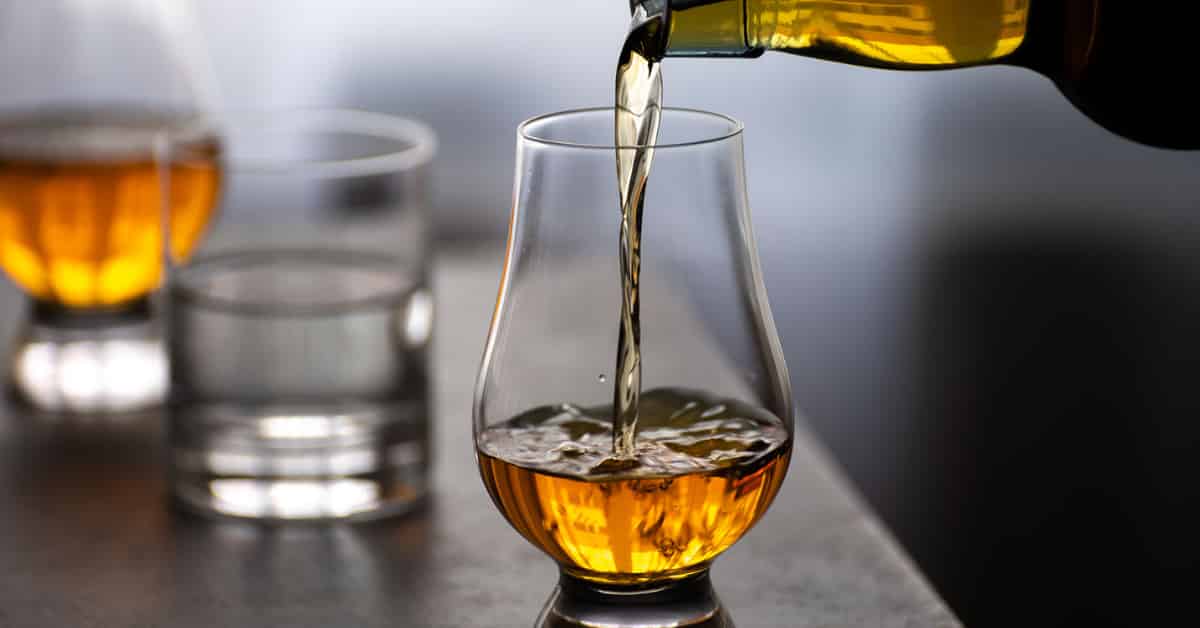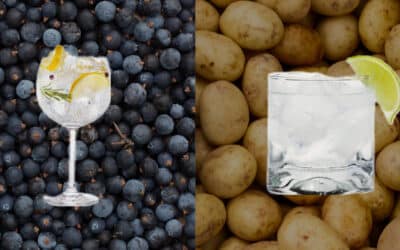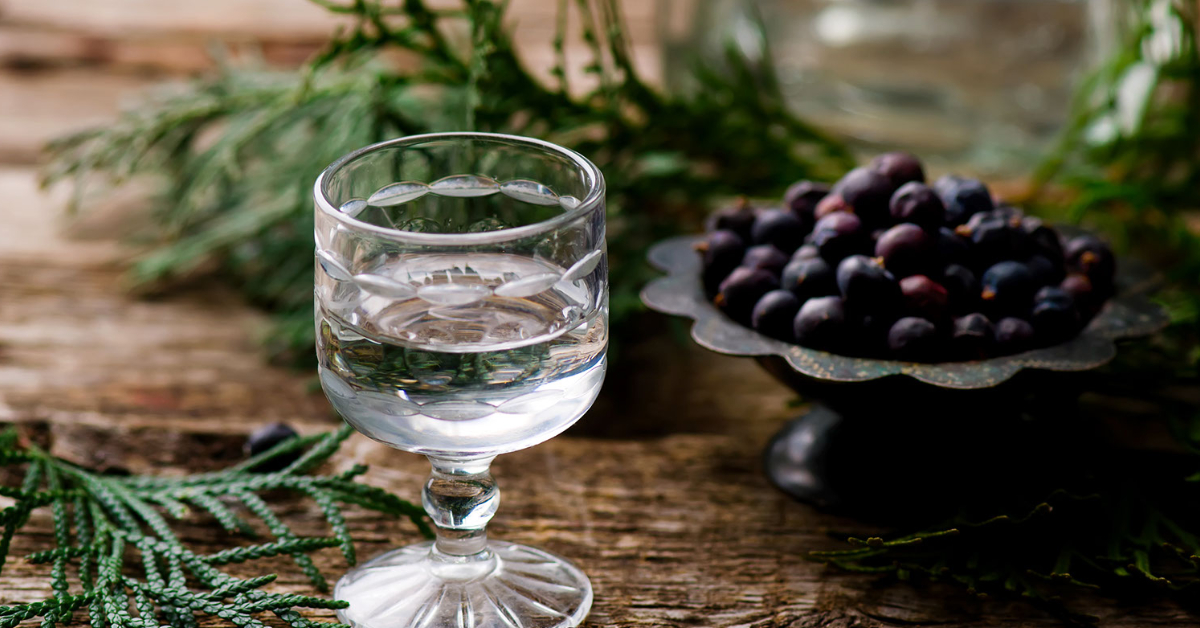Uisce Beatha: The “Water of Life”

While exploring Irish history, heritage, and spirits, you’ve likely seen the phrase uisce beatha and wondered, what does it mean? How did it originate and become so common? In this lesson, we’ll help you become an expert on the pronunciation, meaning, and history of uisce beatha so you can impress your friends the next time you share a dram of Irish whiskey.
How do you Pronounce Uisce Beatha?
In Gaelic, uisce beatha is pronounced “OOSH-keh BAH-hah.” There are several ways to say uisce beatha based on dialect. For example, some individuals may pronounce it as “USH-kee BAH” or “USK-a BEY-ha.”
Other regions of the world have similar terms for uisce beatha with entirely different pronunciations. In Scotland, they say “uisge-beatha.” In Latin, it’s “aqua vitae,” and in French, it’s “eau de vie.” These terms are all used to describe distilled spirits.
What is the Meaning of Uisce Beatha?
Uisce beatha means water of life. Irish Monks of the early middle ages used this term to describe distilled spirits because of their perceived healing properties. From those distilled spirits came Irish whiskey, which has since been commonly referred to as the water of life, uisce beatha.
The History of Uisce Beatha
The history of uisce beatha dates back to 1405, when it was mentioned in Ireland’s Annals of Loch Cé. This text contains many Gaelic terms and phrases that were likely used before being recorded. In the annals, uisce beatha refers to a type of mead (a fermented honey beverage) commonly consumed during medieval times.
Though the exact origins of whiskey are unknown, evidence shows that Irish monks were some of the first distillers of the drink and coined the term “uisce beatha.” Ireland was home to many monasteries during medieval times that were known for brewing and distilling spirits, among other medicines. In addition, Ireland’s climate was well-suited for whiskey production due to its high humidity levels and abundance of barley crops.
Kinnitty Castle was a long-time home to a monastery, so it’s only natural that we have returned to our roots and are producing quality uisce beatha.
While uisce beatha has been associated with distilled spirits for centuries, it wasn’t until the 18th century that it became explicitly associated with Irish whiskey. At this time, whiskey production in Ireland was booming, and uisce beatha became the official name for Irish whiskey.
Today, the term uisce beatha can be seen around pubs and on Irish whiskey bottles worldwide. So the next time you enjoy a glass of Irish whiskey, take comfort in knowing that you’re partaking in a drink with centuries of heritage behind it and raise a toast to the “water of life.”
Sláinte! (That’s Gaelic for “Cheers!”)



